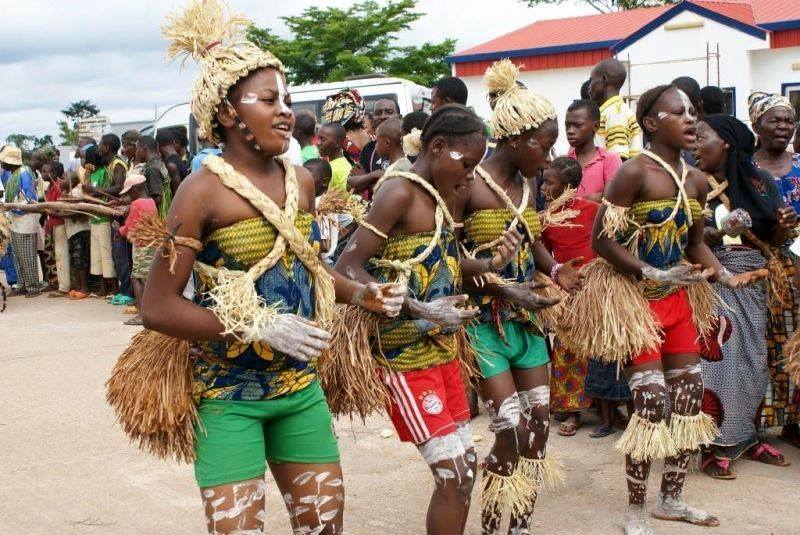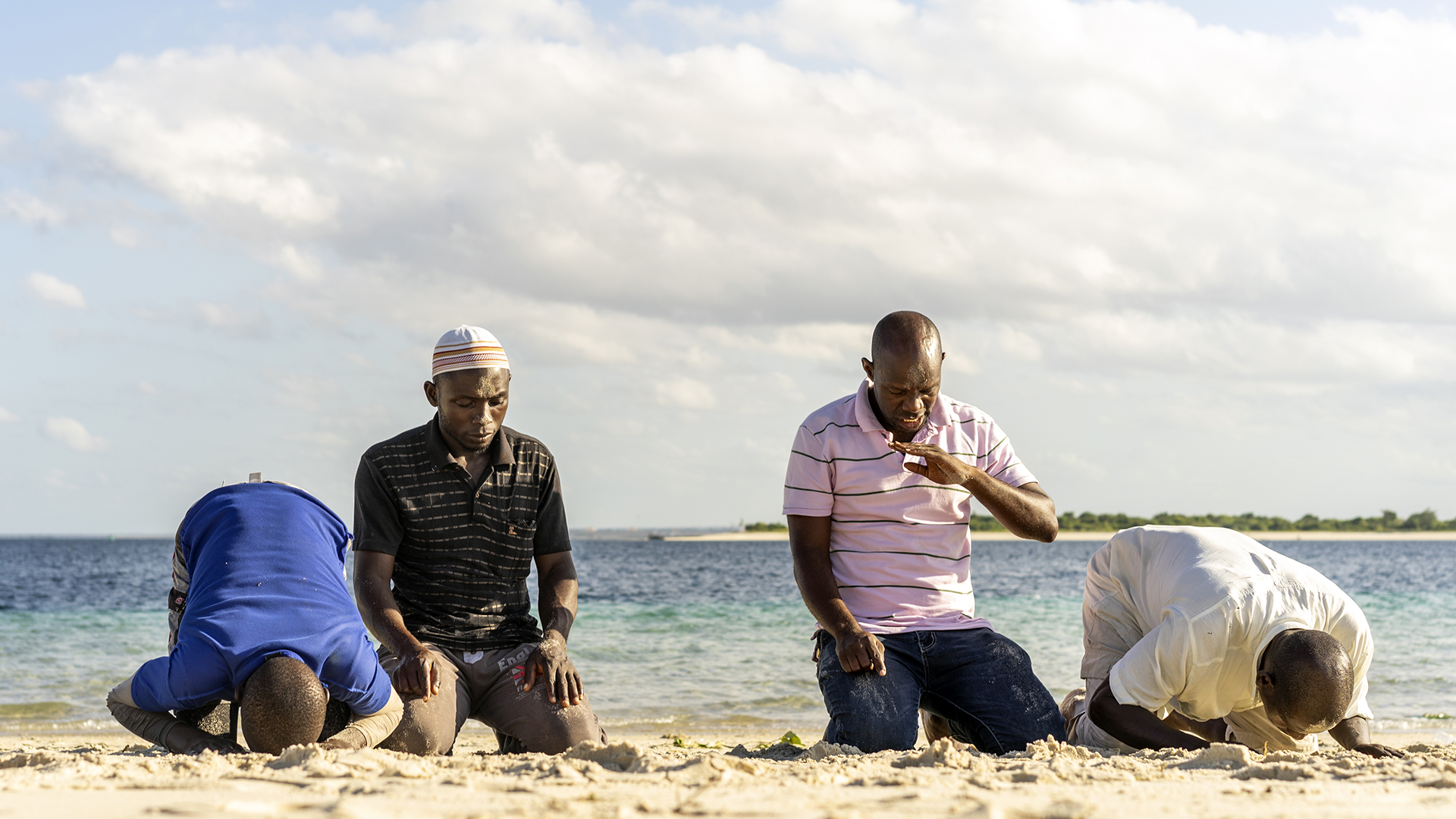
The Ngiri live in a heavily forested area on the edge of the largest freshwater wetland in all of Africa. They were once renowned warriors but today they are looked down upon and discriminated as “those forest people.” The Ngiri face the challenges of poverty, poor hygiene, alcoholism, domestic violence, fear of sorcery, and a shortage of opportunities to grow intellectually, spiritually and economically.
The Ngiri are primarily farmers; women tend the crops while men fish, hunt and clear the farmland. While the Ngiri reject non-Christian religions such as Buddhism and Islam, they don’t worship the one true God and few understand the gospel. Instead, they practice a form of religion that involves ancestor and spirit worship.
“I urge, then, first of all, that requests, prayers, intercession and thanksgiving be made for everyone – This is good, and pleases God our Savior, who wants all men to be saved and to come to a knowledge of the truth. For there is one God and one mediator between God and men, the man Christ Jesus …” (1 Timothy 2:1,3-4)
